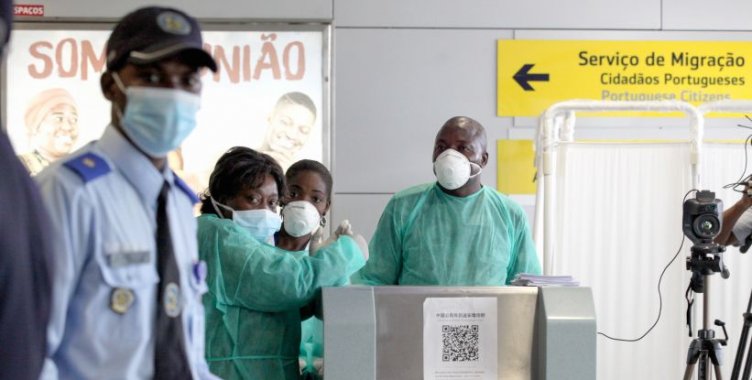Speaking to Lusa, on the sidelines of the National Youth Policy, the doctor explained that the disease is "in a phase of acceleration of global transmission" and added that "it is difficult to think that a country will not have coronavirus patients" given the virus's mutation capacity and ease of contagion.
"You won't find serious barriers to transmission," said the Public Health expert, indicating that the containment plans "could delay a little" the arrival of the virus and its spread.
That's why, he said, "it's important to reduce all opportunities for collective contact," which can lead to an increase in the speed of transmission.
"The United Nations' recommendations to its employees are to avoid professional or personal travel, which reduces the possibility of transmitting or receiving the virus," he said.
This is why the office led by Paolo Baladelli, following international guidelines, decided to suspend international meetings in Angola or participation in meetings in other countries, a way to avoid "collective moments where there may be more transmission of the virus".
Angola has no confirmed cases of coronavirus infection at present, but cases have already been detected in Namibia, a country with which it borders the south, and in the Democratic Republic of Congo, with which it borders the north.
However, Africa seems to have some advantages on its side, namely the fact that some evidence points to the virus' weak resistance to high temperatures.
Paolo Baladelli stressed that Africa had a lower flow of people in the first phase of the development of this disease, so "it is normal that it has a certain delay" in its spread, but he warned of the importance "of always preparing the worst-case scenario".
The coronavirus has already caused more than 7,000 deaths worldwide, among 175,530 cases of contamination identified in 145 countries and territories, since the beginning of the pandemic last December.







